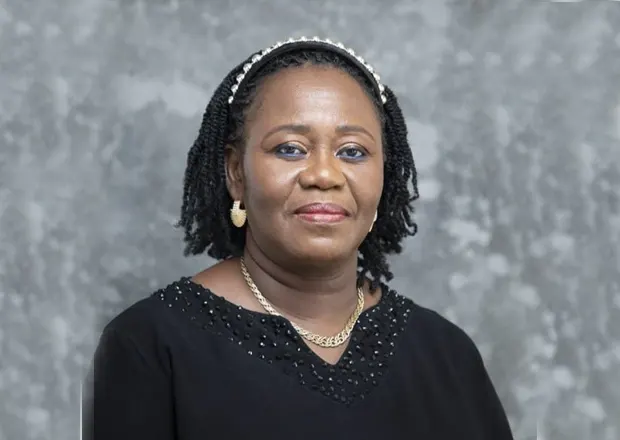The storm surrounding Chief Justice Gertrude Araba Esaaba Sackey Torkornoo has intensified with the filing of two additional petitions seeking her removal, bringing the total to five. These petitions, shrouded in confidentiality as mandated by Article 146(6) of the 1992 Constitution, allege misconduct and incompetence, echoing concerns presented in the initial three filings. The Chief Justice, currently suspended by President John Dramani Mahama pending the outcome of a five-member committee’s investigation into the first three petitions, finds herself at the center of a growing controversy that has ignited a national debate on judicial independence, due process, and the delicate balance of power within Ghana’s democratic framework. The President’s decision to suspend the Chief Justice, a move unprecedented in recent Ghanaian history, has polarized public opinion and raised concerns about potential political interference in the judiciary.
The escalating situation has thrown the judiciary into a state of uncertainty, with the Chief Justice’s future hanging in the balance. While the specific details of the petitions remain undisclosed, the repeated allegations of misconduct and incompetence, coupled with the President’s swift action in suspending her, have cast a shadow over her leadership and the integrity of the judicial system. Sources close to the matter suggest that the subsequent petitions mirror the claims presented in the initial filings, raising questions about the motivations behind the successive submissions and the potential for coordinated efforts to undermine the Chief Justice’s position. The secrecy surrounding the petitions, while legally mandated, has fueled speculation and intensified public scrutiny of the unfolding events.
President Mahama, having officially served the Chief Justice with the two latest petitions, now awaits her formal written responses. The President’s actions, while procedurally sound according to the constitution, have been met with criticism from various quarters. Opponents argue that his previous public comments regarding his relationship with the Chief Justice hint at a pre-existing tension, casting doubt on the impartiality of the process. The timing of the petitions and the subsequent suspension, coming amidst ongoing political maneuvering and power struggles, has further fueled suspicions of a politically motivated campaign to oust the Chief Justice.
The Minority Caucus in Parliament has vehemently condemned the suspension, labeling it an act of “tyranny” and demanding the Chief Justice’s immediate reinstatement. They argue that the process, perceived as unduly hasty and lacking in transparency, undermines the independence of the judiciary and sets a dangerous precedent for democratic governance. The Minority’s vocal opposition highlights the deep political divisions surrounding the issue and underscores the potential for the controversy to escalate into a full-blown constitutional crisis. Their concerns reflect a broader anxiety about the potential erosion of checks and balances within the government and the vulnerability of independent institutions to political pressure.
Legal and civil society groups, deeply concerned about the potential ramifications of the unfolding events, have urged transparency and strict adherence to constitutional procedures throughout the investigation process. They emphasize the importance of upholding due process and ensuring a fair and impartial hearing for the Chief Justice, emphasizing that the integrity of the judiciary rests on the perception of its independence from political influence. These groups have called for a thorough and unbiased investigation, free from external pressures, to ascertain the veracity of the allegations and ensure a just outcome. Their calls for transparency aim to restore public trust in the judicial system and safeguard the principles of democratic governance.
The unfolding saga surrounding Chief Justice Torkornoo represents a critical juncture for Ghana’s democracy. The outcome of the investigation and the subsequent actions taken will have far-reaching implications for the future of the judiciary, the balance of power within the government, and the public’s faith in the rule of law. The allegations, the suspension, and the ensuing political fallout highlight the inherent tensions between the executive and judicial branches of government and the ongoing struggle to maintain the independence and integrity of key institutions in a democratic society. The need for transparency, due process, and a commitment to upholding constitutional principles has never been more critical. The nation watches closely as the drama unfolds, with the future of the Chief Justice and the integrity of the judiciary hanging in the balance.














